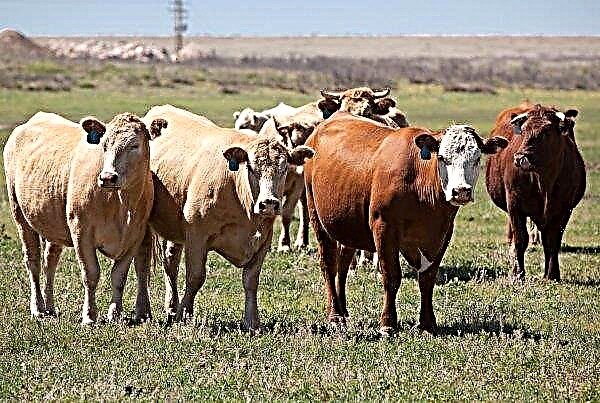In Brazil, the minimum freight prices imposed by the government as part of last year’s agreement to end the strike of transport workers create additional costs for the meat processing industry group in the amount of 500 million reais per year (126 million US dollars).
“Minimum freight prices jeopardize the ability of companies to deliver goods efficiently,” said Jose Perboir, coordinator of the logistics group at the ABPA Meat Industry Association, speaking at a public hearing to discuss the new government freight pricing methodology.
“A published government proposal punishes efficiency. We are facing an additional cost of half a billion reais, ”said Perboyr at a hearing at the ANTT national transport agency.
A mid-2018 government decree setting minimum freight prices was one of several measures proposed by the government to end an 11-day protest by truck drivers. Truckers went on strike in protest of rising diesel prices.
Then the protests blocked the main highways of Brazil and delayed the shipment of goods to local markets and ports. In the meat industry, millions of birds were not able to get feed, because trucks loaded with feed did not have the opportunity to reach feed sites on time.
Daniel Amaral, an economist at the Brazilian association for the processing of oilseeds, Abiove, during a public hearing, also expressed concerns about the minimum freight prices: "We understand that the minimum freight prices are unconstitutional and illegal."












